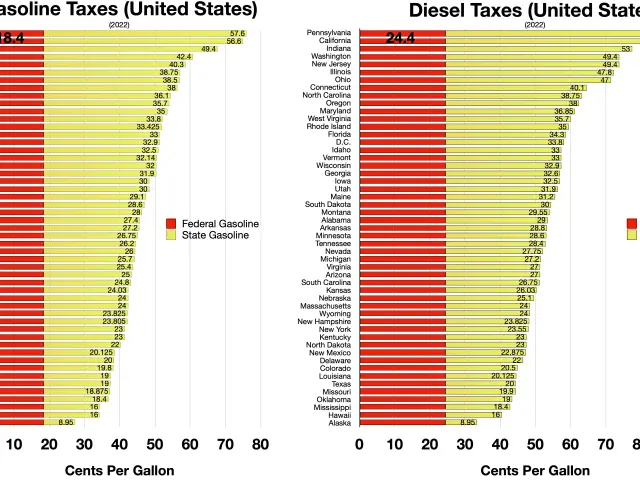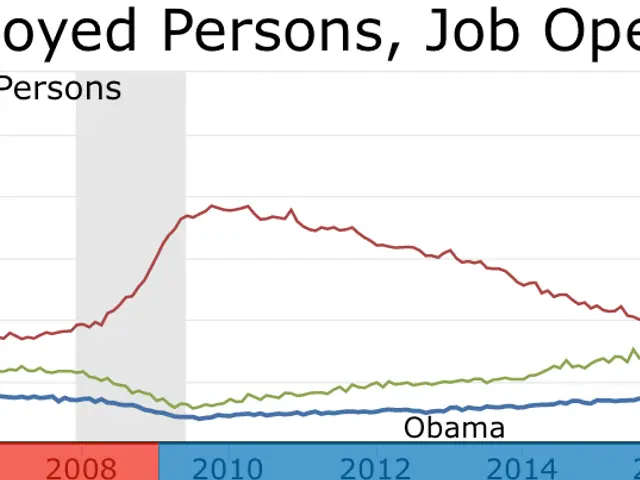Germany's EV Charging Infrastructure Needs Faster Approvals, Better Network Connections
Germany's electric vehicle (EV) charging infrastructure needs faster approvals and better network connections to expand, according to Monika Schnitzer, chairwoman of the Expert Council on Economy. She warns that without clear politico guidelines, Germany risks losing its edge in the electric future.
Schnitzer proposes several measures to simplify charging EVs. She suggests mandatory price labeling in cents per kWh, uniform standards, and card payment options without app compulsions. She also calls for transparent tariffs and clear oversight to prevent excessive fees.
The industry has already invested billions in new production facilities, software, and platforms. However, it needs clear politico guidelines for efficient capacity utilization and job security. Schnitzer warns that politico signals causing uncertainty, such as demands to relax EU's 2035 combustion engine phase-out and missed fleet targets, are hindering progress.
Consumer hesitation is another barrier. Postponed vehicle purchase decisions are due to unreliable politico frameworks. Schnitzer demands that 'charging must become as simple as refueling: plug in, pay, drive on' to achieve climate goals affordably.
Schnitzer's proposals aim to make charging EVs reliably cheaper and simpler than refueling combustion engines. This could encourage consumer adoption and help Germany secure its electric future. Clear politico guidelines and simplified regulations are crucial to support innovation and economic modernization in electromobility.








